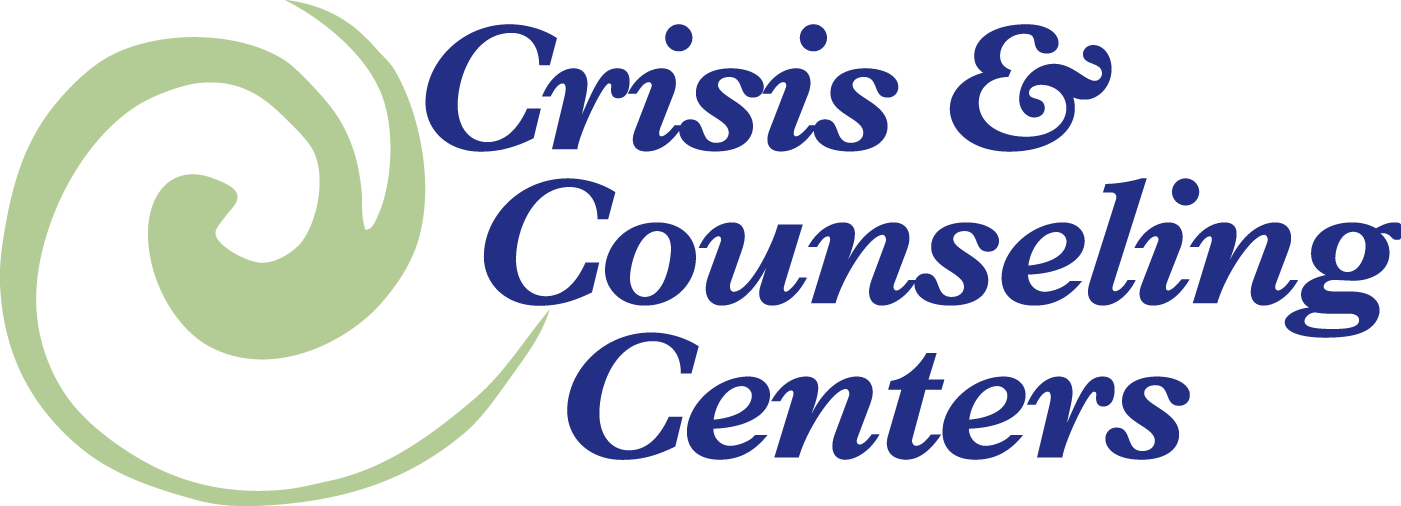Schema Therapy
What to expect.
When emotional needs of children are unmet by the adults in their lives, it’s believed that when they enter adulthood, they have difficulty finding ways to meet those same needs, independently or through healthy relationships with others. Schema therapy is based on the belief that early negative patterns of thinking and behavior form based on these adverse childhood experiences. These thought and behavior patterns can disrupt life in a number of different ways including, making unhealthy choices, forming toxic relationships, lacking fully developed social skills, engaging in destructive behavior patterns, having a poor sense of judgment, and experiencing feelings of worthlessness or self-doubt.
Identifying, recognizing, and changing these thought and behavior patterns is key in Schema therapy. Once you discover the origin of your unmet emotional needs, you can start to learn how to build feelings of self-worth.
What are the benefits of Schema Therapy?
Studies have shown that Schema therapy is particularly effective in treating clients with Post-Traumatic Stress Disorder, Eating Disorders, criminal behaviors, Substance Use Disorders, anxiety, relationship issues, chronic depression, and various personality disorders, particularly Narcissism Personality Disorder and Borderline Personality Disorder.
This service is available in the following locations:
- Augusta
- via telehealth statewide
For more information or to enroll in services our Open Access team at (207) 626-3414.
We are required to bill for our services. MaineCare and private insurance will pay for many of our services. Low or no-cost treatment may be available to qualified individuals.
Not sure which treatment is right for you?
Call our Open Access team at (207) 626-3414.
They will answer your questions, provide information, and help you make an appointment for an initial assessment, where we can learn more about you and your specific needs.
